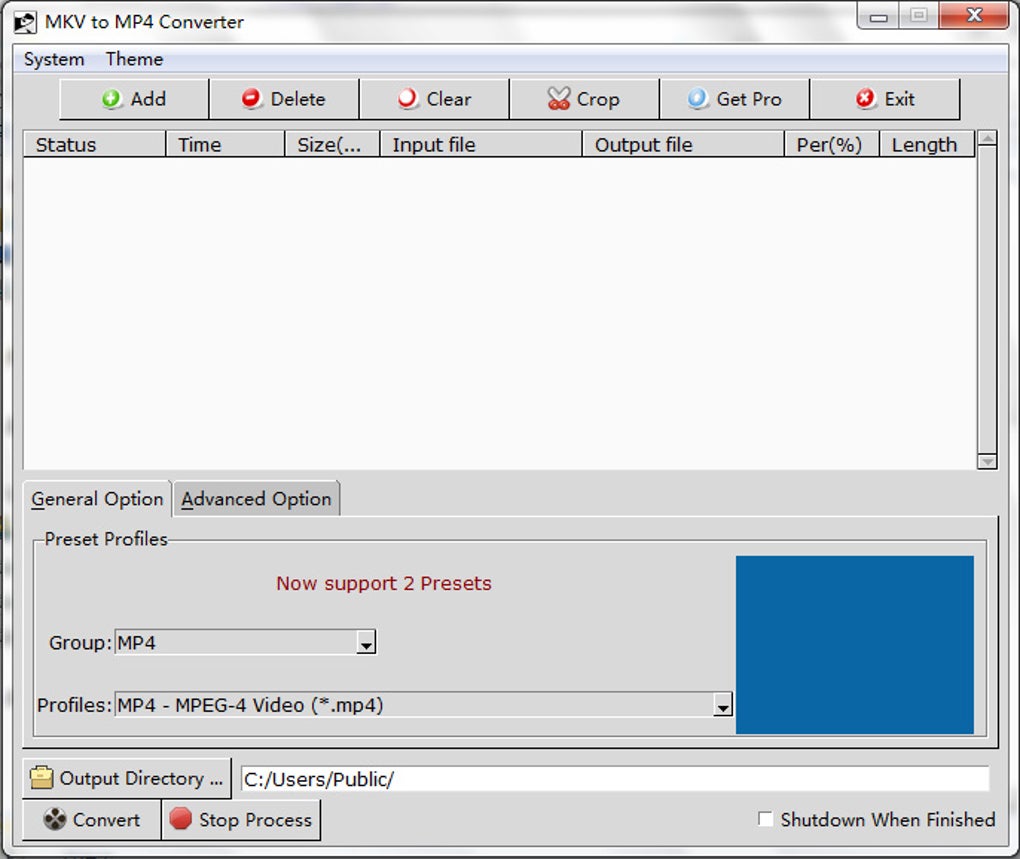Have you ever come across a file with the .MKV extension and wondered what it is? MKV, short for Matroska Video, is a popular multimedia container format that has gained immense popularity in recent years. Understanding what MKV files are and how they function can greatly enhance your multimedia experience.
As digital media consumption continues to rise, file formats play a crucial role in delivering high-quality audio and video content. MKV files stand out due to their flexibility and ability to store multiple types of media streams in a single file. This makes them ideal for modern media consumption.
In this comprehensive guide, we'll explore everything you need to know about MKV files, including their definition, advantages, limitations, and how to work with them effectively. Whether you're a tech enthusiast or simply looking to enhance your media experience, this article will provide valuable insights into the world of MKV files.
Read also:Chad Michael Murray The Journey Of A Versatile Actor
Table of Contents
- What is a MKV File?
- Benefits of Using MKV Files
- Structure of MKV Files
- How to Play MKV Files
- Converting MKV Files
- MKV File Compatibility
- Quality of MKV Files
- Common Issues with MKV Files
- Alternatives to MKV Files
- The Future of MKV Files
What is a MKV File?
An MKV file, also known as a Matroska Video file, is a container format used to store multimedia content such as video, audio, subtitles, and metadata in a single file. Unlike other formats, MKV supports a wide variety of codecs, making it highly versatile and adaptable for different types of media content.
Developed by the Matroska project, MKV files are open-source and royalty-free, which means anyone can use them without licensing restrictions. This openness has contributed significantly to their widespread adoption in the digital media community.
Key Features of MKV Files
Here are some of the standout features that make MKV files a preferred choice for many users:
- Multi-track support: MKV files can store multiple audio and video tracks, allowing users to switch between different languages or audio options seamlessly.
- Subtitle integration: Subtitles can be embedded directly into the file, eliminating the need for separate subtitle files.
- Metadata inclusion: MKV files can include metadata such as chapter markers, cover art, and descriptions, enhancing the user experience.
Benefits of Using MKV Files
One of the primary reasons MKV files have become so popular is their numerous advantages over other file formats. Below are some key benefits:
High Flexibility
MKV files support a wide range of codecs, including H.264, H.265, and VP9, ensuring compatibility with various devices and platforms. This flexibility allows users to store high-quality content without worrying about format limitations.
Enhanced User Experience
With the ability to include multiple audio tracks, subtitles, and metadata, MKV files offer an enriched multimedia experience. Users can customize their viewing experience by selecting preferred languages or subtitles without needing additional software.
Read also:Cameron Richardson Rising Star In The Entertainment Industry
Open-Source Nature
Being an open-source format, MKV files are free to use and modify. This has led to a large community of developers and users who contribute to its continuous improvement and innovation.
Structure of MKV Files
To understand how MKV files work, it's essential to know their internal structure. MKV files are designed to hold multiple types of data streams, including video, audio, subtitles, and metadata. This modular structure allows for greater flexibility and customization.
Components of MKV Files
- Video streams: The primary visual content of the file.
- Audio streams: Multiple audio tracks that can be selected by the user.
- Subtitle streams: Embedded subtitles for different languages or formats.
- Metadata: Additional information such as title, artist, and chapter markers.
How to Play MKV Files
Playing MKV files is straightforward, thanks to the wide range of media players that support this format. Below are some of the most popular media players for MKV files:
VLC Media Player
VLC is one of the most reliable and versatile media players available. It supports MKV files natively and offers a wide range of customization options. With VLC, you can enjoy MKV files without needing additional codecs or software.
Kodi
Kodi is another excellent choice for playing MKV files. This open-source media player supports a variety of formats and offers advanced features such as playlist creation and media library management.
Windows Media Player (with codecs)
While Windows Media Player does not natively support MKV files, you can install third-party codecs to enable playback. However, using dedicated media players like VLC is often recommended for a smoother experience.
Converting MKV Files
Although MKV files are versatile, there may be situations where you need to convert them to another format. Below are some common reasons for converting MKV files and tools you can use:
Why Convert MKV Files?
- To make them compatible with devices that do not support MKV.
- To reduce file size for easier sharing or storage.
- To integrate MKV content into other projects that require specific formats.
Tools for Conversion
There are several tools available for converting MKV files, including:
- HandBrake: A free and open-source tool that allows you to convert MKV files to other formats such as MP4 or AVI.
- FFmpeg: A powerful command-line tool for advanced users who need precise control over the conversion process.
- Online converters: Websites like CloudConvert offer easy-to-use interfaces for converting MKV files online.
MKV File Compatibility
Compatibility is a critical factor when choosing a file format. MKV files are widely supported across various platforms and devices, but there are still some limitations to consider.
Device Support
Most modern devices, including smartphones, tablets, and smart TVs, support MKV files either natively or through third-party apps. However, older devices or specific operating systems may require additional software or codecs to play MKV files.
Software Support
A wide range of media players and editing software support MKV files. Some popular options include:
- Adobe Premiere Pro
- DaVinci Resolve
- Final Cut Pro
Quality of MKV Files
One of the standout features of MKV files is their ability to maintain high-quality audio and video content. Due to their support for modern codecs like H.265 and VP9, MKV files can deliver exceptional quality even at lower file sizes.
Factors Affecting Quality
Several factors influence the quality of MKV files, including:
- Codec used: Different codecs offer varying levels of compression and quality.
- Bitrate: Higher bitrates generally result in better quality but larger file sizes.
- Resolution: Higher resolutions provide sharper images but require more storage space.
Common Issues with MKV Files
While MKV files offer many advantages, they are not without challenges. Below are some common issues users may encounter and how to resolve them:
Playback Issues
If you experience playback problems with MKV files, ensure that your media player supports the format and that the necessary codecs are installed. Updating your media player or switching to a more compatible one can often resolve these issues.
File Corruption
In rare cases, MKV files may become corrupted due to improper downloads or storage issues. Using data recovery tools or re-downloading the file can help resolve this problem.
Alternatives to MKV Files
While MKV files are highly versatile, there are other file formats that may suit your needs depending on the situation. Some popular alternatives include:
MP4
MP4 is one of the most widely used video formats due to its excellent compatibility and support for high-quality content. It is a great choice for sharing videos online or using them on a variety of devices.
AVI
AVI files are older but still widely supported. They offer good quality but tend to have larger file sizes compared to MKV or MP4.
The Future of MKV Files
As digital media continues to evolve, MKV files are likely to remain a popular choice for storing and sharing multimedia content. Their open-source nature, flexibility, and support for modern codecs make them a strong contender in the ever-changing landscape of digital media.
Emerging Technologies
With the rise of 4K and 8K video, as well as virtual reality content, MKV files are well-positioned to adapt to these advancements. Their ability to store high-quality content while maintaining manageable file sizes will continue to be a key advantage.
Kesimpulan
In conclusion, MKV files offer a powerful and flexible solution for storing and enjoying multimedia content. Their ability to support multiple streams, codecs, and metadata makes them a top choice for both casual users and professionals. By understanding their structure, benefits, and limitations, you can make the most out of this versatile file format.
We encourage you to explore the world of MKV files further and share your experiences with us in the comments below. For more insights into digital media and technology, be sure to check out our other articles on the website.


